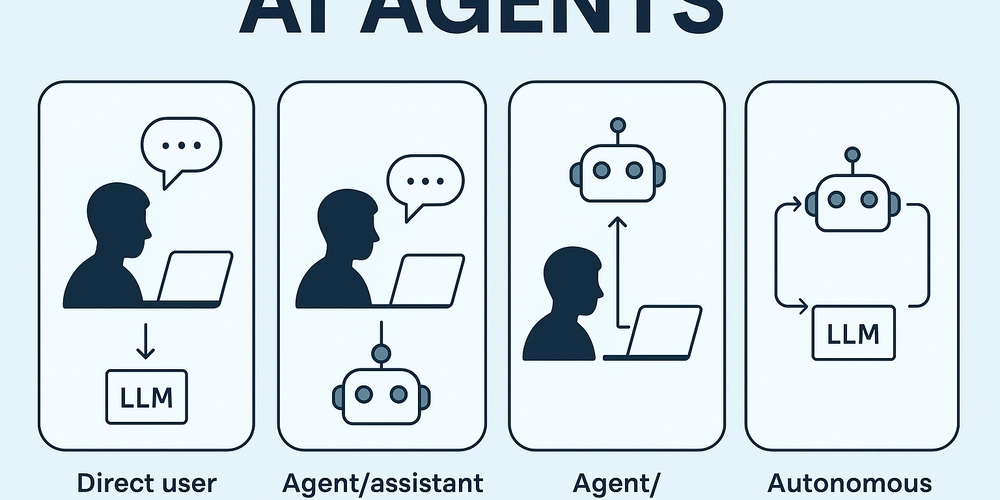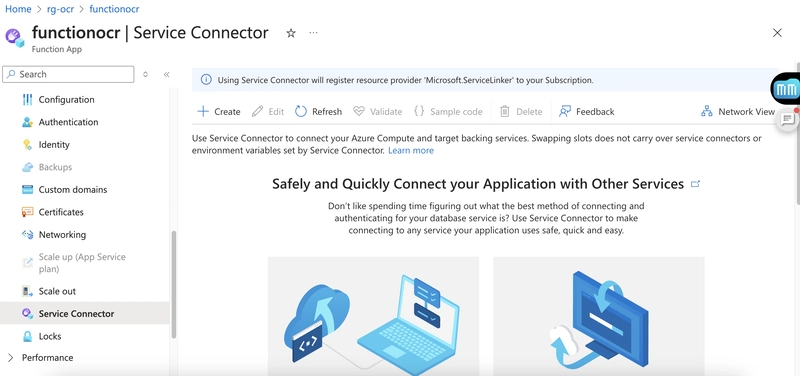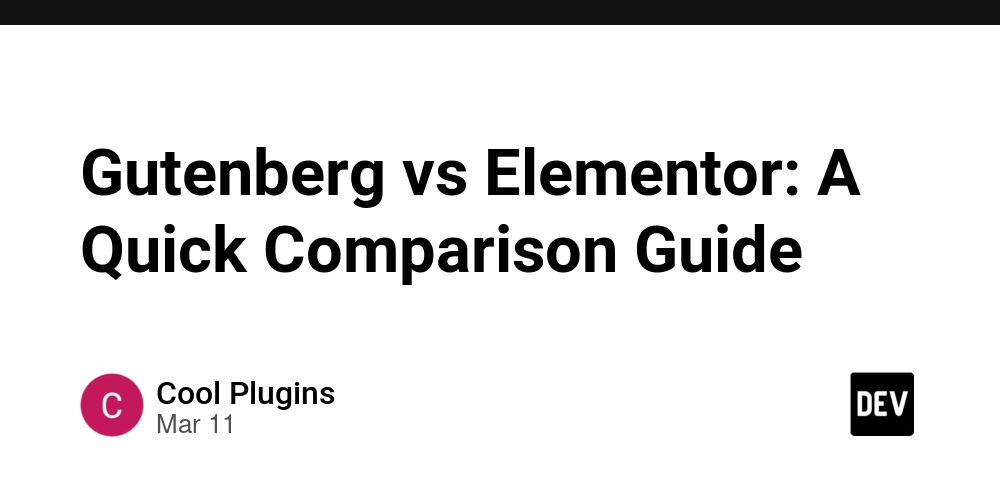Can Project Management Software Be a Game-Changer for You in 2025?
In 2025, project management has transformed into a highly strategic function for organizations of all sizes. Whether you are handling client projects, internal initiatives, or large-scale programs, the challenges are clear — shorter deadlines, tighter budgets, hybrid teams, and rising client expectations. To thrive in this environment, companies are turning to project management software (PMS) as more than just a scheduling tool. It is becoming a game-changer. But can it be a game-changer for your business too? The answer depends on how ready you are to embrace technology that is designed not only to organize but also to optimize and predict project success. The Growing Complexity of Projects in 2025 Projects are no longer linear. They involve multiple stakeholders, scattered teams, complex workflows, regulatory requirements, and frequent changes. Managing these manually using spreadsheets, shared drives, or basic task lists leads to inevitable delays, resource conflicts, and cost overruns. Project management software solves these problems by providing a centralized, real-time view of your entire project ecosystem — tasks, people, timelines, budgets, and risks — in one place. It gives you control, clarity, and agility, which are essential in 2025's competitive business landscape. How Project Management Software is Changing the Game From Planning to Execution — All in One Platform Modern PMS platforms cover the complete project lifecycle — right from initiation, planning, scheduling, and execution to monitoring, controlling, and closure. This reduces the chaos caused by juggling multiple tools for different project phases. AI-Powered Decision Support AI capabilities embedded in today’s PMS provide predictive insights. They help project managers identify potential risks, resource bottlenecks, or budget overruns before they occur. Instead of reacting to problems, teams can proactively address them. Automation for Efficiency Imagine automating repetitive tasks like status reporting, reminders, task assignments, or approval workflows. In 2025, automation within PMS is commonplace and helps project teams stay focused on delivering value rather than getting lost in admin work. Seamless Collaboration for Hybrid Teams With hybrid and remote work fully integrated into how businesses operate, PMS ensures that every team member, regardless of location, stays connected. Instant updates, integrated chats, shared files, and real-time dashboards bridge the communication gap effortlessly. Optimized Resource Utilization Resource management has always been a project manager’s biggest challenge. Modern PMS platforms help allocate resources based on skills, availability, and workload, reducing both bench time and burnout. The Business Impact of Modern PMS For companies adopting project management software, the results are tangible: Faster project delivery Improved profitability Better resource utilization Reduced project risks Enhanced client satisfaction Teams become more productive, managers gain visibility and control, and clients experience smoother, more predictable project execution. In short, project management software is no longer just a nice-to-have, it is the foundation for project excellence.


In 2025, project management has transformed into a highly strategic function for organizations of all sizes. Whether you are handling client projects, internal initiatives, or large-scale programs, the challenges are clear — shorter deadlines, tighter budgets, hybrid teams, and rising client expectations. To thrive in this environment, companies are turning to project management software (PMS) as more than just a scheduling tool. It is becoming a game-changer.
But can it be a game-changer for your business too? The answer depends on how ready you are to embrace technology that is designed not only to organize but also to optimize and predict project success.
The Growing Complexity of Projects in 2025
Projects are no longer linear. They involve multiple stakeholders, scattered teams, complex workflows, regulatory requirements, and frequent changes. Managing these manually using spreadsheets, shared drives, or basic task lists leads to inevitable delays, resource conflicts, and cost overruns.
Project management software solves these problems by providing a centralized, real-time view of your entire project ecosystem — tasks, people, timelines, budgets, and risks — in one place. It gives you control, clarity, and agility, which are essential in 2025's competitive business landscape.
How Project Management Software is Changing the Game
From Planning to Execution — All in One Platform
Modern PMS platforms cover the complete project lifecycle — right from initiation, planning, scheduling, and execution to monitoring, controlling, and closure. This reduces the chaos caused by juggling multiple tools for different project phases.AI-Powered Decision Support
AI capabilities embedded in today’s PMS provide predictive insights. They help project managers identify potential risks, resource bottlenecks, or budget overruns before they occur. Instead of reacting to problems, teams can proactively address them.Automation for Efficiency
Imagine automating repetitive tasks like status reporting, reminders, task assignments, or approval workflows. In 2025, automation within PMS is commonplace and helps project teams stay focused on delivering value rather than getting lost in admin work.Seamless Collaboration for Hybrid Teams
With hybrid and remote work fully integrated into how businesses operate, PMS ensures that every team member, regardless of location, stays connected. Instant updates, integrated chats, shared files, and real-time dashboards bridge the communication gap effortlessly.Optimized Resource Utilization
Resource management has always been a project manager’s biggest challenge. Modern PMS platforms help allocate resources based on skills, availability, and workload, reducing both bench time and burnout.
The Business Impact of Modern PMS
For companies adopting project management software, the results are tangible:
Faster project delivery
Improved profitability
Better resource utilization
Reduced project risks
Enhanced client satisfaction
Teams become more productive, managers gain visibility and control, and clients experience smoother, more predictable project execution. In short, project management software is no longer just a nice-to-have, it is the foundation for project excellence.










































































































































































![[The AI Show Episode 142]: ChatGPT’s New Image Generator, Studio Ghibli Craze and Backlash, Gemini 2.5, OpenAI Academy, 4o Updates, Vibe Marketing & xAI Acquires X](https://www.marketingaiinstitute.com/hubfs/ep%20142%20cover.png)



























































































































![[FREE EBOOKS] The Kubernetes Bible, The Ultimate Linux Shell Scripting Guide & Four More Best Selling Titles](https://www.javacodegeeks.com/wp-content/uploads/2012/12/jcg-logo.jpg)



![From drop-out to software architect with Jason Lengstorf [Podcast #167]](https://cdn.hashnode.com/res/hashnode/image/upload/v1743796461357/f3d19cd7-e6f5-4d7c-8bfc-eb974bc8da68.png?#)






































































































.png?#)




.jpg?#)
































_Christophe_Coat_Alamy.jpg?#)







































































































![Rapidus in Talks With Apple as It Accelerates Toward 2nm Chip Production [Report]](https://www.iclarified.com/images/news/96937/96937/96937-640.jpg)









































































































































